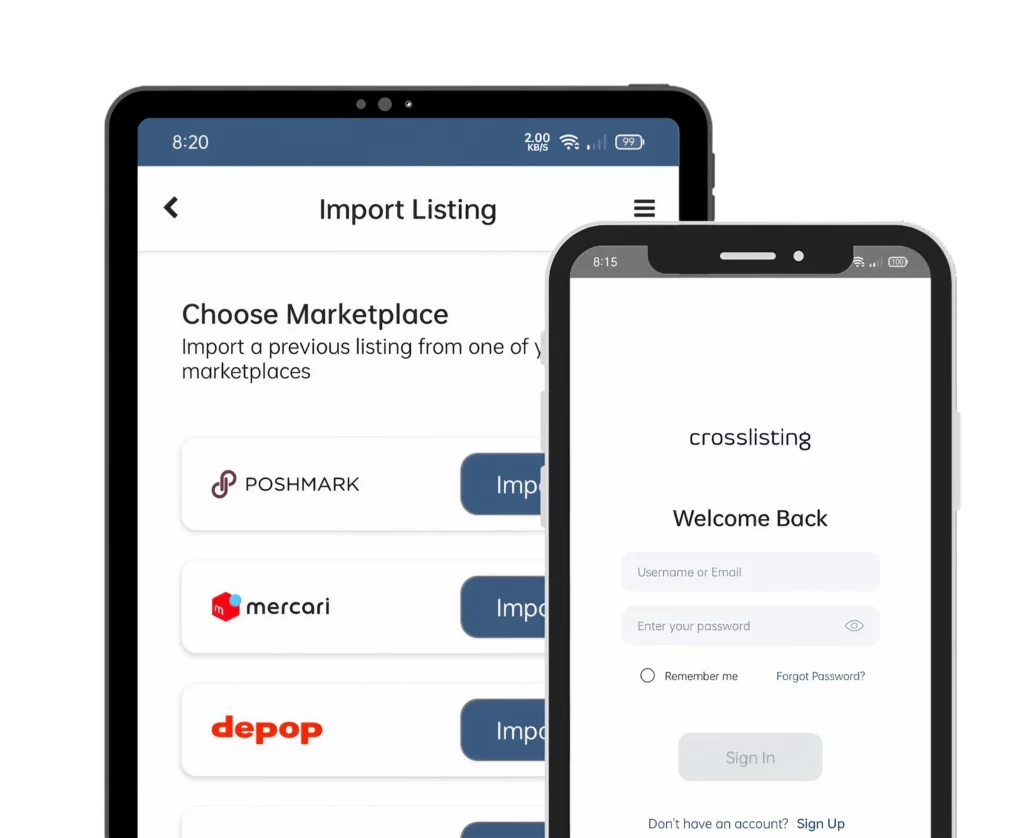Types of OfferUp Scams and How to Avoid Them

In today’s digital age, online marketplaces have become a popular avenue for buying and selling goods. OfferUp, a widely used platform, connects buyers and sellers, making transactions convenient. However, as with any online platform, there’s a potential risk of falling victim to scams. Scammers often exploit the trust and anonymity of these platforms to deceive unsuspecting users. Understanding the types of scams prevalent on OfferUp and learning how to spot and avoid them is crucial for a safe and enjoyable experience. Let’s delve into some of the common OfferUp scams and effective ways to steer clear of them.
Types of OfferUp Scams and How You Can Avoid Them
1. Phishing Scams
Phishing scams aim to trick users into revealing sensitive information like login credentials or personal details. Scammers may create fake listings or send messages pretending to be from OfferUp or a reputable seller. These messages often contain links that direct users to counterfeit websites resembling OfferUp’s interface. Once there, users might be prompted to enter their login credentials, giving scammers access to their accounts.
How to Avoid Phishing Scams?
- Verify the URL: Always check the URL of the website before entering any personal information. Legitimate OfferUp websites will have a secure URL (https://www.offerup.com).
- Avoid Suspicious Links: Refrain from clicking on suspicious links sent via messages or emails. Legitimate communications from OfferUp typically occur within the app.
2. Shipping Scams
Scammers utilizing shipping scams often post high-value items at unbelievably low prices to attract buyers. They insist on completing transactions outside of OfferUp, asking for payment through unauthorized methods or requesting personal information. Once the payment is made, the seller disappears, leaving the buyer without the item or any recourse for a refund.
How to Avoid Shipping Scams?
- Use Secure Payment Methods: Stick to OfferUp’s in-app payment system for secure transactions. Avoid wiring money, using cryptocurrency, or making direct bank transfers.
- Stay Within the App: Complete the transaction within OfferUp’s platform to ensure protection and access to their customer support in case of issues.
3. Counterfeit Items Scam
Sellers may list counterfeit or fake items on OfferUp, claiming them to be authentic. These items might range from luxury goods to electronics or branded clothing. Unwary buyers might end up paying a substantial amount for a product that turns out to be a low-quality counterfeit.
How to Avoid Counterfeit Item Scams?
- Research the Product: Thoroughly research the product you intend to purchase. Compare prices and check for authentication marks or unique identifiers.
- Request Verification: Ask the seller for proof of purchase or authenticity certificates, especially for high-value items.
4. Overpayment Scam
In this scam, the scammer pretends to be a buyer willing to pay more than the asking price for an item. They send a check or money order for an amount greater than the agreed price and ask the seller to refund the excess amount. However, the initial payment is fake, and the seller ends up losing both the item and the refunded excess.
How to Avoid Overpayment Scams?
- Be Cautious with Payment Methods: Avoid accepting checks or money orders, especially if they exceed the agreed-upon amount. Stick to secure payment methods within the OfferUp platform.
- Trust Your Instincts: If a deal seems too good to be true or feels suspicious, it’s better to walk away.
5. Meetup Scams
Scammers might propose meeting up for an in-person exchange but suggest a secluded or unsafe location. Alternatively, they might ask for personal information before the meetup, using it for malicious purposes later.
How to Avoid Meetup Scams?
- Choose Safe Locations: Always meet in well-lit, public places with a lot of foot traffic.
- Avoid Sharing Personal Information: Refrain from sharing personal details until you feel comfortable and confident about the legitimacy of the buyer or seller.
6. Identity Theft
Scammers might pose as buyers or sellers and attempt to gather personal information, such as Social Security numbers, bank account details, or identification numbers, under the guise of completing a transaction.
How to Avoid Identity Theft?
- Guard Personal Information: Never share sensitive information unless you’re certain about the legitimacy of the other party.
- Verify the User: Look for seller ratings, reviews, and previous transaction history to assess their credibility.
Final Words
OfferUp provides a convenient platform for buying and selling goods, but it’s essential to remain vigilant against potential scams. Being aware of the different types of scams prevalent on OfferUp and understanding how to identify and avoid them is crucial for a safe and secure experience. By adhering to these preventive measures, users can significantly reduce the risk of falling victim to scams and enjoy the benefits of this popular online marketplace without fear.
Remember, if something seems suspicious or too good to be true, it’s always wise to trust your instincts and proceed with caution. Stay informed, be cautious, and prioritize your safety while using OfferUp or any online marketplace.





Leave a Reply